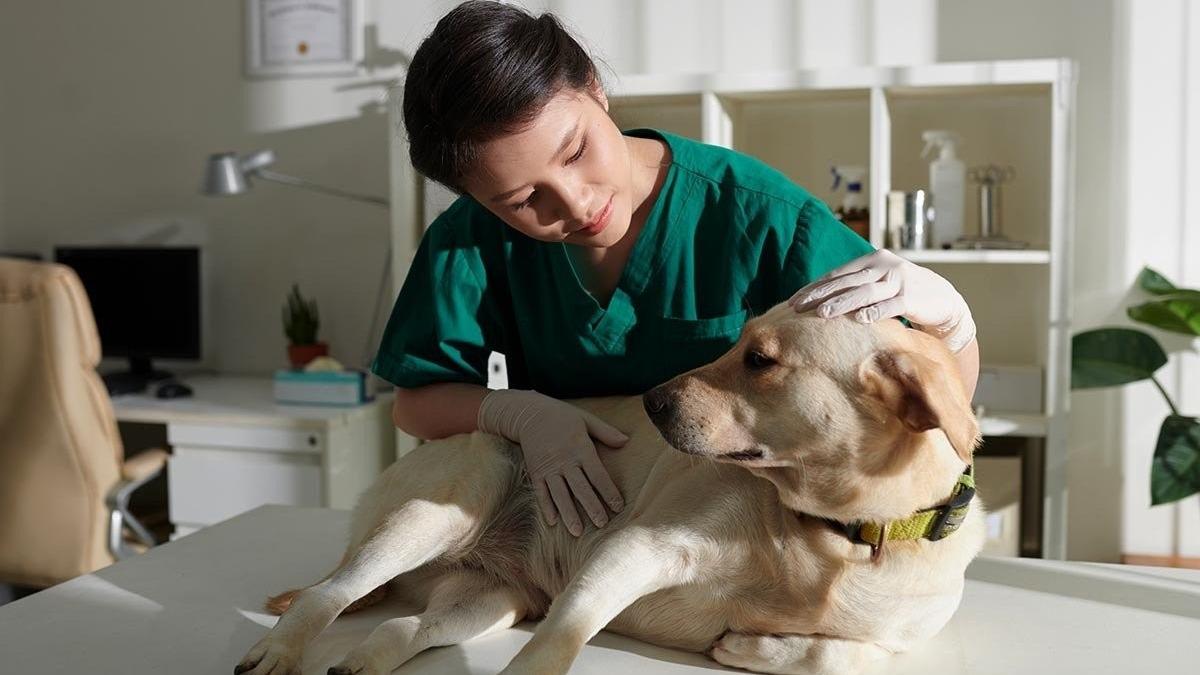A concerning respiratory illness has been affecting dogs across the United States since mid-August. Veterinary clinics have seen a surge in cases of this unidentified canine respiratory infection, leaving experts puzzled by its sudden emergence and rapid spread. This comprehensive guide aims to provide you with essential information about this illness, including its symptoms, potential causes, transmission, diagnosis, treatment, and preventive measures.
What We Know So Far About This Canine Respiratory Illness
According to Chris Holland, head of Spot's Research and Data Group, "In October, we saw a 64% increase in claims for upper respiratory profiles and a 23% increase in cough tablet usage. This is highly unusual and outside the range of what we might find normal for this time of the year."
The American Veterinary Medical Association (AVMA) is urging pet parents to ensure their dogs are fully vaccinated and kept away from other dogs until the illness can be contained.3
How Do I Know If My Dog Has a Respiratory Disease?1
If your dog exhibits any of the symptoms below, it's crucial to contact your veterinarian promptly. Early diagnosis and treatment can improve your dog's chances of recovery.
What Are the Symptoms of the New Dog Virus Going Around?2
The AVMA lists the following symptoms and recommends consulting your veterinarian if they arise:
Coughing
Sneezing
Labored breathing
Nose or eye discharge
Lethargy
Decreased appetite
Causes and Transmission of Respiratory Infection in Dogs
Veterinary experts are diligently working to identify the cause, with the current theory suggesting a viral origin. However, the exact cause remains unclear. Transmission is also uncertain, but direct contact between dogs, through respiratory droplets or contaminated surfaces, is suspected. This emphasizes the importance of good hygiene practices and avoiding contact with sick dogs.
Diagnosing and Treating Dog Flu
Diagnosing this canine respiratory illness is challenging due to its similarity to other respiratory infections. Veterinarians use a combination of the dog's medical history, clinical signs, and diagnostic tests to reach a diagnosis.
While there is no specific cure, supportive care can alleviate symptoms and manage the condition:
Fluids: To prevent dehydration and support bodily functions.
Antibiotics: May be prescribed for secondary bacterial infections.
Pain Medication: To alleviate discomfort and improve the dog's quality of life.
Rest: Crucial for recovery and allowing the immune system to fight the infection.
Prevention of Respiratory Infections in Dogs
Although no vaccine currently exists for this new respiratory illness, pet parents can take proactive steps:
Vaccination: Vaccinating against other respiratory viruses like parainfluenza and Bordetella can offer some protection.
Social Distancing: Limit contact with sick dogs and avoid crowded dog parks.
Hygiene Practices: Maintain good hygiene by washing hands after handling your dog and disinfecting shared spaces.
Expert Insights From Spot
While sharing our favorite foods with our pets can be tempting, it's important to remember that not all human foods are safe for dogs. Spot's internal data shows that pet insurance claims for dietary indiscretions average $572, underscoring the importance of caution and research before sharing snacks with our pets.
What Veterinary Experts Are Saying About This Canine Respiratory Illness
Veterinary experts are deeply concerned about the spread of this new illness, as severe cases have proven fatal. Dog owners are urged to avoid dog parks, grooming facilities, boarding kennels, and other areas where their pets might interact with unknown dogs, especially during holiday travels. Monitor your pets for any symptoms and seek prompt veterinary care if they appear. Delaying treatment is not advised, as the illness can progress to pneumonia if left untreated.
Key Takeaways
This mysterious respiratory illness poses a significant threat to dogs across the United States. While research is ongoing, dog owners play a crucial role in safeguarding their pets by staying informed, practicing preventive measures, and seeking timely veterinary care.

Creative manager by day, pet enthusiast all the time! After 19 years with my dog (hopefully he wins the award for oldest pet in the world), I enjoy spending my days brainstorming tail-wagging content, and sniffing out the latest trends in the pet world.
“Canine Respiratory Disease Outbreaks.” Cornell University College of Veterinary Medicine, Cornell University College of Veterinary Medicine, www.vet.cornell.edu/departments-centers-and-institutes/riney-canine-health-center/canine-health-information/canine-respiratory-disease-outbreaks.
Stabley, Justin, and Casey Kuhn. “7 Questions Answered about the Unidentified Dog Respiratory Illness.” PBS, Public Broadcasting Service, 20 Dec. 2023, www.pbs.org/newshour/health/7-questions-answered-about-the-unidentified-dog-respiratory-illness.
Haid, Melanie. “Unknown Dog Respiratory Illness: What We Know so Far.” American Kennel Club, American Kennel Club, 11 Dec. 2023, www.akc.org/expert-advice/health/unknown-canine-respiratory-illness/.












